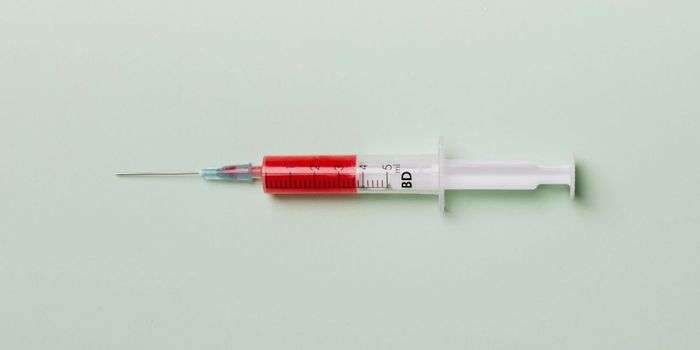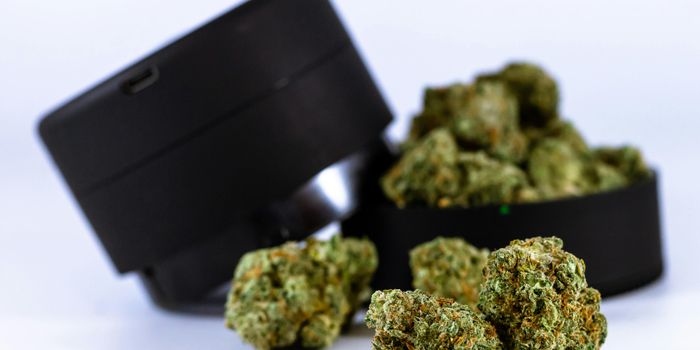Psychedelic Insights: Psilocybin's Role in Treating Mental Health Conditions
A recent study published in the Journal of Psychiatric Practice discusses the psychedelic drug known as psilocybin, which is found in "magic musrooms", and how it could be used to treat depression and other mental health conditions. Depression is one of the most well-known mental health disorders with a 2023 analysis finding that approximately 50 percent of adults between the ages of 18 to 24 reported symptoms of anxiety and depression. This comes after psilocybin was designated a “breakthrough therapy” by the Food and Drug Administration in 2018 to be used for treatment-resistant depression (TRD) and major depressive disorder (MDD), which continues to pass through clinical trials.
“At a time of growing excitement regarding the potential use of psychedelic agents to improve outcomes of otherwise intractable disorders, psychiatrists and patients alike need perspective on the current state of the evidence and the prospects moving forward,” said Dr. Amir Garakani, MD, who is an Associate Professor of Clinical Psychiatry and Chair of Psychiatry and Behavioral Health at the Yale School of Medicine, and lead author of the study.
For the study, the researchers discussed the various aspects of psilocybin, including a history of psychedelics in the United States and abroad, a literature review regarding recent treatment studies, and the mechanisms behind its psychedelic effects, which was conducted through questionnaires. The history includes its classification as a Schedule 1 drug at the federal level, but also recent legalization and decriminalization in Oregon and Colorado, respectively, along with its recent legalization in Australia just a few months ago.
In addition to the “breakthrough therapy” designation in 2018, the researchers also note a “multitude of registered trials” pertaining to how psilocybin can treat not only TRD and MDD, but also alcohol use disorder, body dysmorphic disorder, autism spectrum disorder, anorexia nervosa, cancer patients, and bipolar II depression.
"The large number and wide-ranging scope of ongoing and future psilocybin trials not only show the interest in this drug in the scientific community but also the potential therapeutic role of psychedelics across diagnoses and clinical domains," the study states.
How new discoveries will researchers make about psilocybin in the coming years and decades? Only time will tell, and this is why we science!
As always, keep doing science & keep looking up!
Sources: Journal of Psychiatric Medicine, American Psychiatric Association, KFF, MedlinePlus, COMPASS, Cleveland Clinic, National Library of Medicine, EurekAlert!, National Institute on Alcohol Abuse and Alcoholism, Mayo Clinic, Centers for Disease Control and Prevention, Mayo Clinic (1), WebMD








